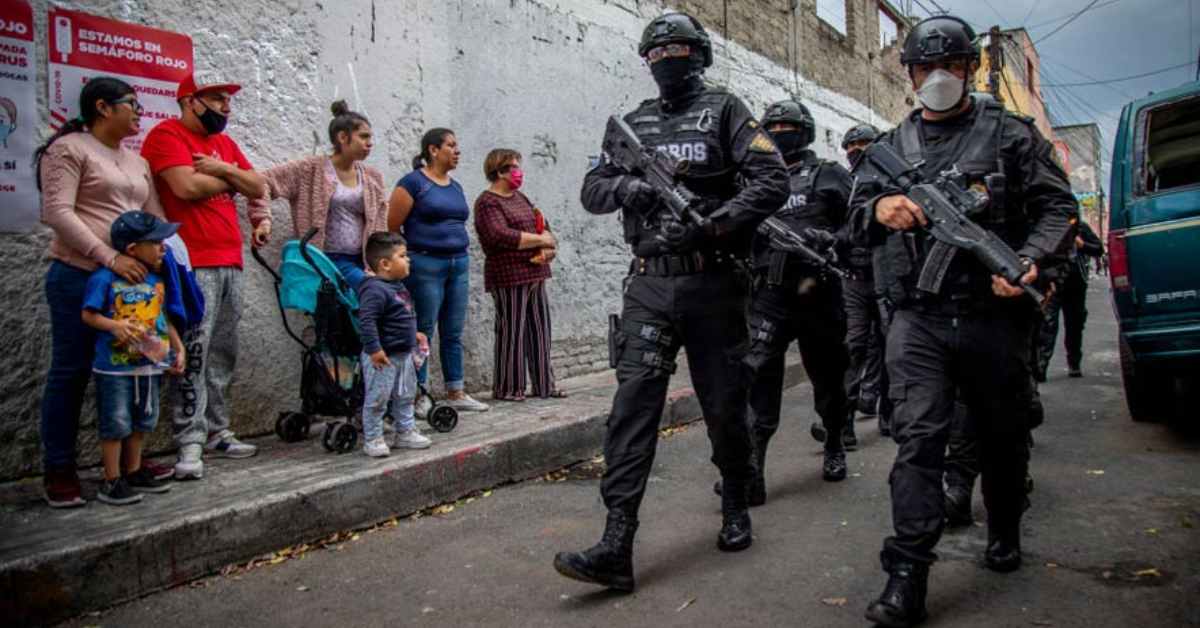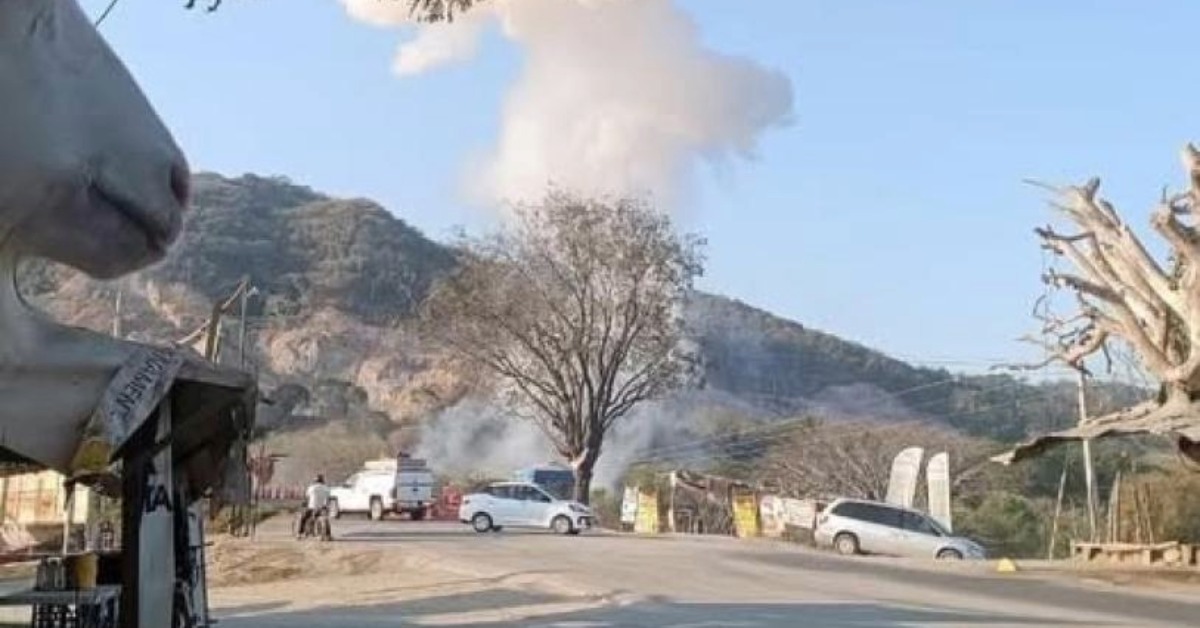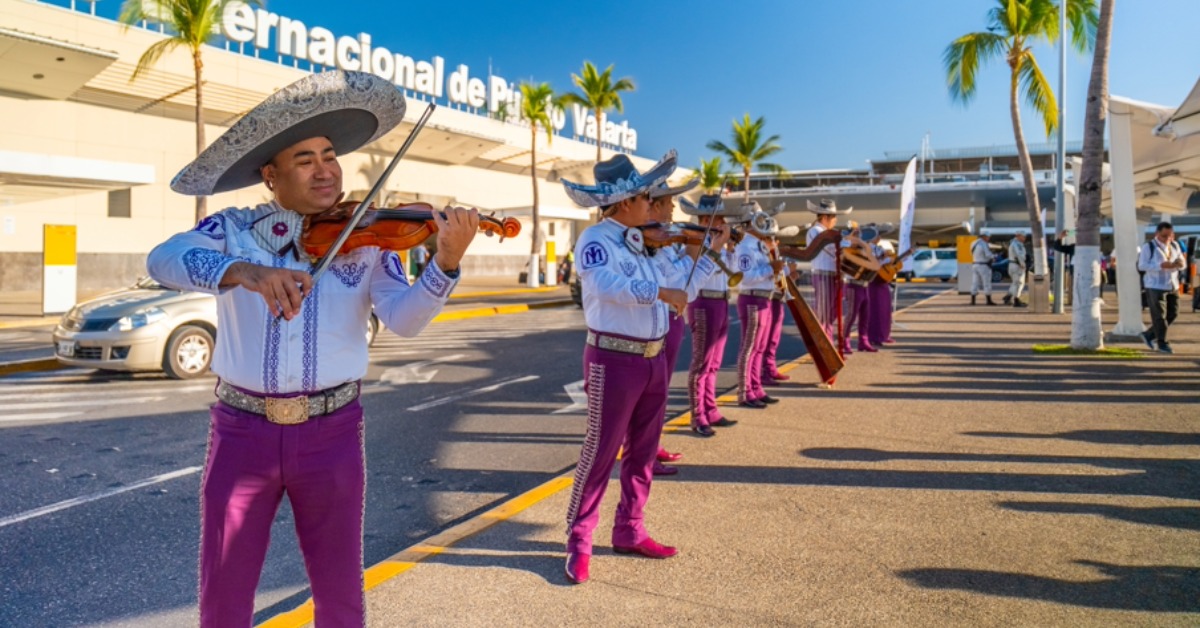Puerto Vallarta, Mexico - Mexico continues to grapple with a sobering reality as it maintains a prominent presence on the global stage of violence, with seven of its cities securing positions within the top 10 most violent locales worldwide. This unsettling revelation comes courtesy of the latest iteration of the "Ranking (2023) of the 50 most violent cities in the world," unveiled by the Citizen Council for Public Security and Criminal Justice AC.






